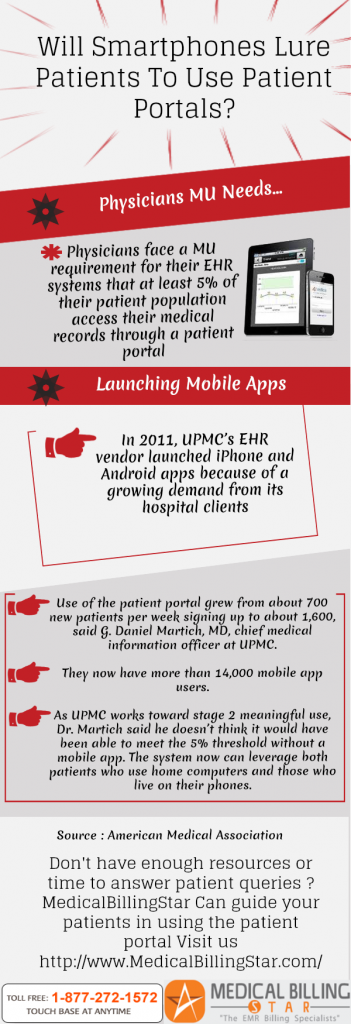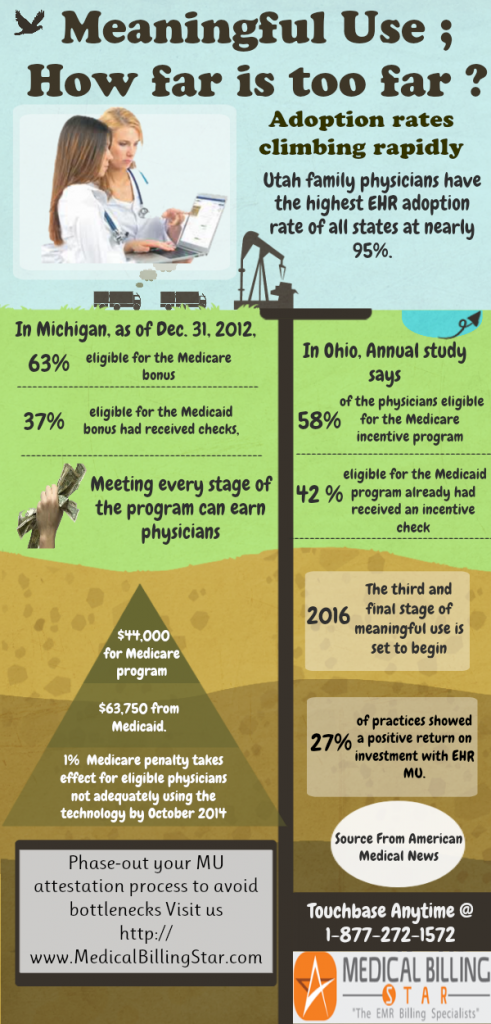Are you working towards increasing the ROI of your EHR?
An EHR can cause havoc. It is a well-documented fact. There is widespread disruption to workflow and your staffs are preoccupied in getting the system up and running. So how do you come out at the other end unscathed and most importantly profitable? There are a few ways to increase the return on investment of your electronic health record.
As always it begins with starting out with a clear-cut agenda. This will help in keeping you on track as it is a long drawn out process. Losing the plot mid-way is not going to be feasible off course.
Customize because a system that doesn’t work the way you do is a costly mistake!
The major reason why doctors don’t see an increase in revenue after an EHR is a part of their practice, is because the system guzzles up time and effort. Blame it on unnecessarily complicated systems that have a zillion options and templates for one single task. Or on vendors who are never around when you need them the most.
Fortunately, several EHR experts offer template customization services. Practice-specific EHR templates can instantly speed up workflow and cut short the time wasted on locating information.
Manage appointments better!
As everybody is busy complaining about how difficult it is to document medical information the upsides of using an EHR is forgotten. It allows physicians to cull out patient information like never before! Club patients who share a common denominator like patients who are covered by workers compensation, patients who come in for regular wellness checkups, etc. and meet them on a, scheduled day.
This will streamline your scheduling process and help you meet more patients? How does it increase your ROI? Well, if you can meet just two more patients per week, at an average of 150 dollars a patient, you can earn 1200 more dollars every month.
Work steadily towards the Meaningful Use incentive…
A medical practice can increase the ROI of its EHR by achieving Meaningful Use. Experts across the healthcare industry agree that achieving Meaningful Use is the ultimate ROI for medical practices. Work towards achieving MU and for tips click here.
And above all, encourage your staff members to throw in their two cents about increasing the productivity and profitability of your practice, post EHR implementation. The fact that you can think of new strategies to increase profitability, work collectively towards a single goal and create more structured workflow processes is possibly the best return on investment you can get from your EHR.





